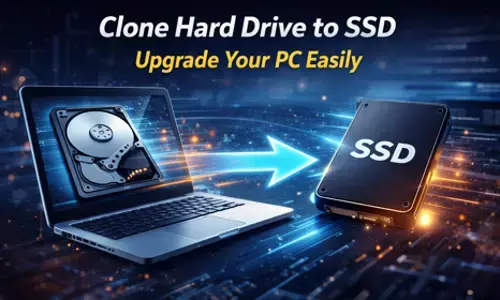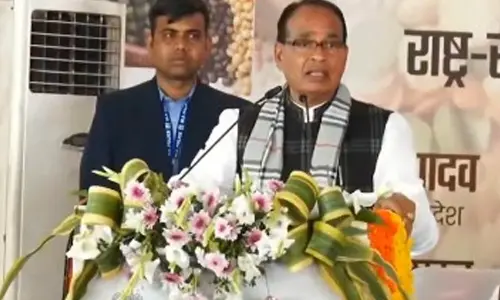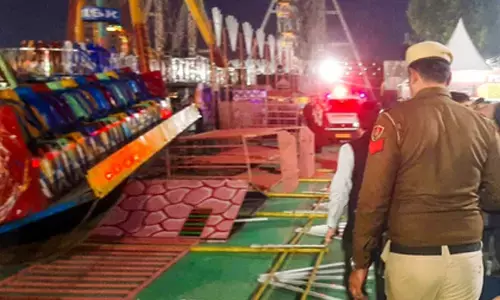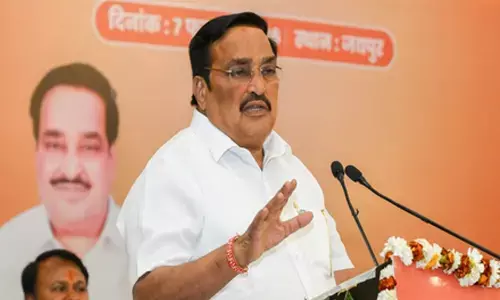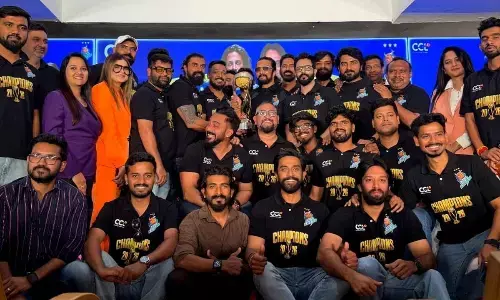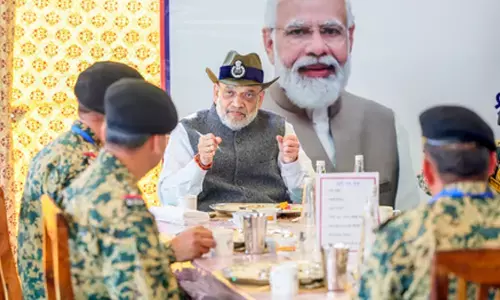The unfortunate fun of freebie distribution
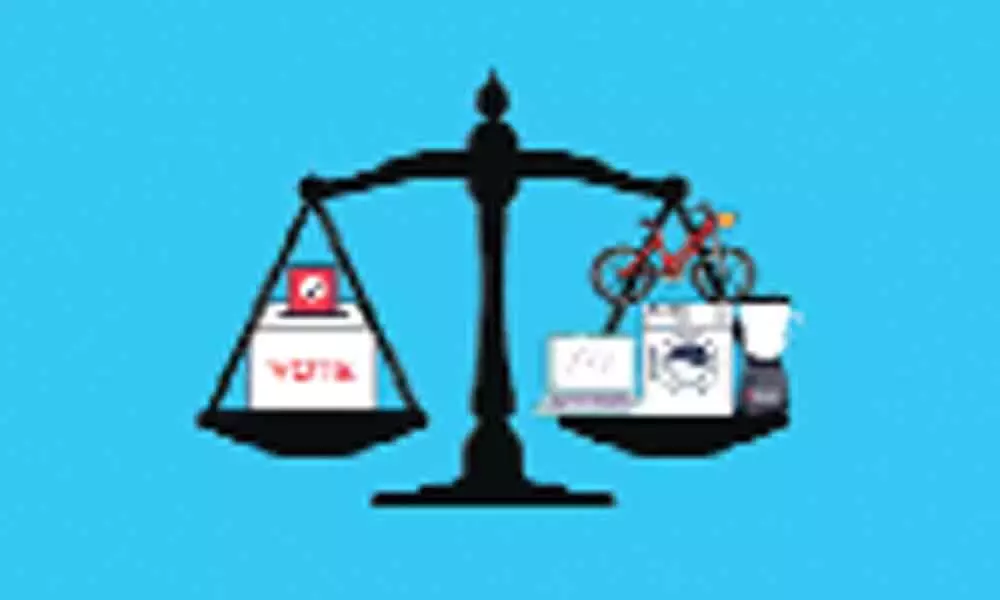
Representational image
A large number of countries are today in the fray of distributing freebies to garner votes. The Labour Party in England promised to provide free broadband, bus travel and car parking. We are not to be left behind.
A large number of countries are today in the fray of distributing freebies to garner votes. The Labour Party in England promised to provide free broadband, bus travel and car parking. We are not to be left behind. A few years ago, free laptops were distributed in Uttar Pradesh, kitchen grinders and bicycles were promised in Tamil Nadu, free electricity and water are being promised in Delhi and free LPG cylinders have been distributed by the Union government.
Such distributions certainly contribute to social welfare. Students can learn on the laptops and women can cook on LPG instead of wood. However, the saying goes "Give a Man a Fish, and You Feed Him for a Day. Teach a Man To Fish, and You Feed Him for a Lifetime." The LPG cylinder will last only so long.
A further problem is that such distributions are made before the elections as was done in England. This is clearly bad. The ruling party uses state funds for party purposes in such distributions. The Congress had won the elections in 2004 and 2009 on the back of farm loan waivers and rural employment guarantee schemes. The Supreme Court has, therefore, done well to issue notice as to why such pre-election distributions and promises should not be banned. That, however, leaves open whether such free distributions are justified in non-election times.
Professor Ritika Khera of Indian Institute of Management, Ahmedabad, has said that the services provided by the government are of three types. First type is "public goods" like railway, highway and information on Covid. These cannot be obtained by an individual even if she is willing to pay for these services. An individual can buy a rail journey if the government has not established the railway. Such public services will necessarily have to be provided by the government.
The second type of services are "merit goods." These can be acquired by the individual at a personal level. Some goods acquired by the individual also provide certain benefits to the larger society. For example, an individual can buy a mask. The use of the mask would prevent Covid from infecting others and promote social good. Therefore, the government is justified in undertaking free distribution of masks.
The third type of services are those that can be acquired at the individual level and also provide most benefits to the individual. These are called "private goods." For example, it was promised in Delhi that all citizens would be provided free electricity up to a certain level of consumption; or the Union government distributed free LPG cylinders and built houses for the rural poor. Such goods and services do not lead to a tangible social benefit.
The distinction between merit- and private goods is laid bare by comparing farmer's pension scheme implemented by the Union government with the free distribution of electricity promised by the Delhi government. Both provide benefits to the individual. Difference is that farmers' pension, in addition to providing income to the farmers, provides encouragement to engage in agriculture and helps establish food security of the country. Free distribution of electricity does not provide such social benefits. Thus, farmers' pension may be considered to be a "merit" good while free electricity and water may be considered to be a "private" good.
The Union government must review the large numbers of welfare schemes being implemented by it in this light. At least four schemes are being implemented to provide merit goods in addition to farmers' pension. These are Grameen Kaushalya Yojana, Deen Dayal Upadhyaya Antyodaya Yojana and Pradhan Mantri Kaushal Vikas Yojana – all three provide skills; Pradhan Mantri Matritva Vandana Yojana to protect the health of future generations, and Swamitva Yojana to establish ownership of land and reduce social conflicts.
These schemes need to be continued.
At the same time, the Union government is implementing large numbers of schemes to provide private goods. These are Unnat Jeevan Yojana to provide LEDs; Ayushman Bharat Yojana, Pradhan Mantri Suraksha Bima Yojana and Pradhan Mantri Jeevan Jyoti Bima Yojana to provide subsidised insurance; Pradhan Mantri Gramin Awaas Yojana to provide housing; Antyodaya Anna Yojana to provide heavily subsidised food grains to the poor; Pradhan Mantri Ujjwala Yojana to provide LPG cylinders and Pradhan Mantri Jan Dhan Yojana to assist in the opening of bank accounts. These schemes do not provide any tangible social benefits but involve the incurring of huge administrative expenditures and create opportunities for corruption for the bureaucracy. These schemes must be disbanded and the money paid directly to all the citizens of the country in cash. This will empower the people to use the money according to their own needs and assessments.
Our people are now aware. They are spending huge monies to provide education to their children in English medium schools. Thus, we must not assume that the government understand the "correct" route of welfare of the people and the people themselves do not know what is good for them.
A counter argument is that the money should only be distributed to the poor and not to all the citizens. This argument fails to appreciate that the money paid to the rich can be easily recovered by making a small increase in the taxes. Let us say the government makes a direct cash transfer of Rs 1,000 per month to all the citizens. A "rich" person spending, say, Rs 1 lakh per month would be paying about Rs 18,000 GST and Rs 12,000 income tax or total Rs 30,000 per month. A mere increase of 3 per cent in these taxes would be sufficient to recover the Direct Cash Transfer made to him. I daresay that the savings of administrative expenditures and corruption would be many times over.
The expenditures on private goods are resulting in the deterioration of public finances. The government has to decide whether to use its limited revenues to distribute LPG cylinders or make highways. To repeat, "Teach a Man To Fish, and You Feed Him for a Lifetime." Thus, making highway and enabling the people earn and pay for the LPG cylinder is better than giving the cylinder directly. The living example of such a disaster is Venezuela where the expenditures on welfare have crowded out public investments leading to a crash of the economy and causing more pain to the people instead of attaining their welfare.
Time has come for the governments to dismantle all schemes that distribute private goods and the Union government must lead the way.
(The author is former professor of Economics at IIM, Bengaluru)









